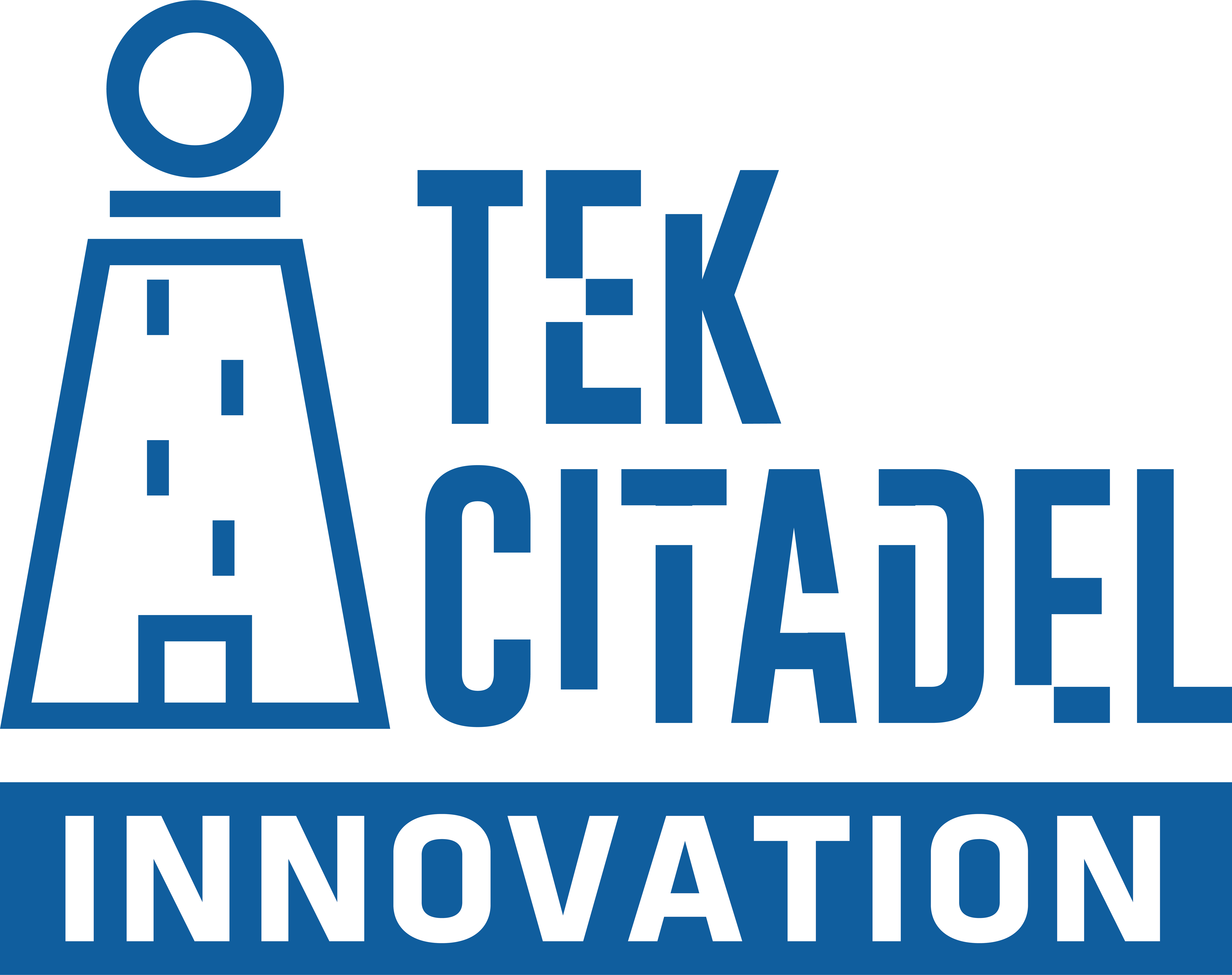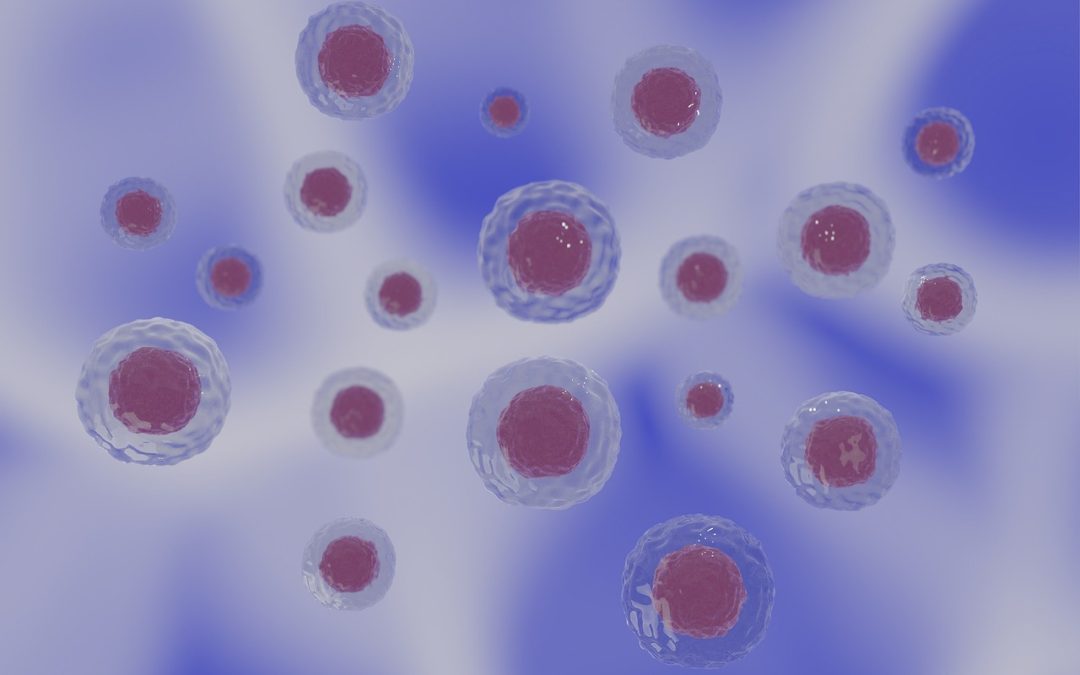Modern medicine has harnessed the power of cellular biology to develop innovative treatments that save countless lives. Scientists have developed sophisticated techniques to grow and manipulate cells in controlled environments, enabling the production of vital medicines, including vaccines, monoclonal antibodies, and regenerative therapies.
The Science Behind Cell Growth for Medicine
Cell-based medicine production involves cultivating living cells in a controlled laboratory setting. These cells are derived from various sources, such as bacteria, yeast, mammalian cells, or even stem cells. Scientists carefully regulate the conditions in which these cells grow, ensuring optimal temperature, nutrient supply, and oxygen levels.
Key Techniques in Growing Cells for Medicine Production
Cell Culture Technology: Scientists grow cells in bioreactors, specialized vessels that provide a suitable environment for cell multiplication. The process requires precise control over pH, nutrients, and temperature.
Genetic Engineering: To enhance the production of specific proteins or medicines, scientists modify the DNA of cells. For example, recombinant DNA technology allows bacteria like E. coli to produce insulin, a critical medicine for diabetes patients.
Stem Cell Technology: Stem cells have the unique ability to transform into various types of cells. This technology is vital for regenerative medicine, including the development of skin grafts, organ regeneration, and blood transfusions.
Biopharmaceutical Manufacturing: Mammalian cells, such as Chinese Hamster Ovary (CHO) cells, are used to produce monoclonal antibodies that treat diseases like cancer and autoimmune disorders.
Applications of Cell-Based Medicine Production
Vaccines: Cell-based vaccines, such as those for influenza and COVID-19, use cultured cells to produce viral antigens that trigger immune responses in humans.
Monoclonal Antibodies: These lab-engineered proteins are used in targeted therapies for conditions like rheumatoid arthritis and various cancers.
Gene Therapy: Scientists grow genetically modified cells that can replace or repair defective genes, offering potential cures for genetic disorders.
Tissue Engineering: Cells are used to create artificial tissues and organs, offering hope for transplant patients.
Challenges and Future Directions
Despite its success, cell-based medicine production faces challenges such as scalability, contamination risks, and high costs. Ongoing research focuses on improving efficiency through automation, 3D bioprinting, and artificial intelligence to enhance cell growth and therapeutic effectiveness.
The future of medicine lies in harnessing the full potential of cellular biology. As scientists continue refining cell culture and genetic engineering techniques, we can expect even more breakthroughs in personalized medicine, regenerative therapies, and disease treatment, ultimately improving lives worldwide.






